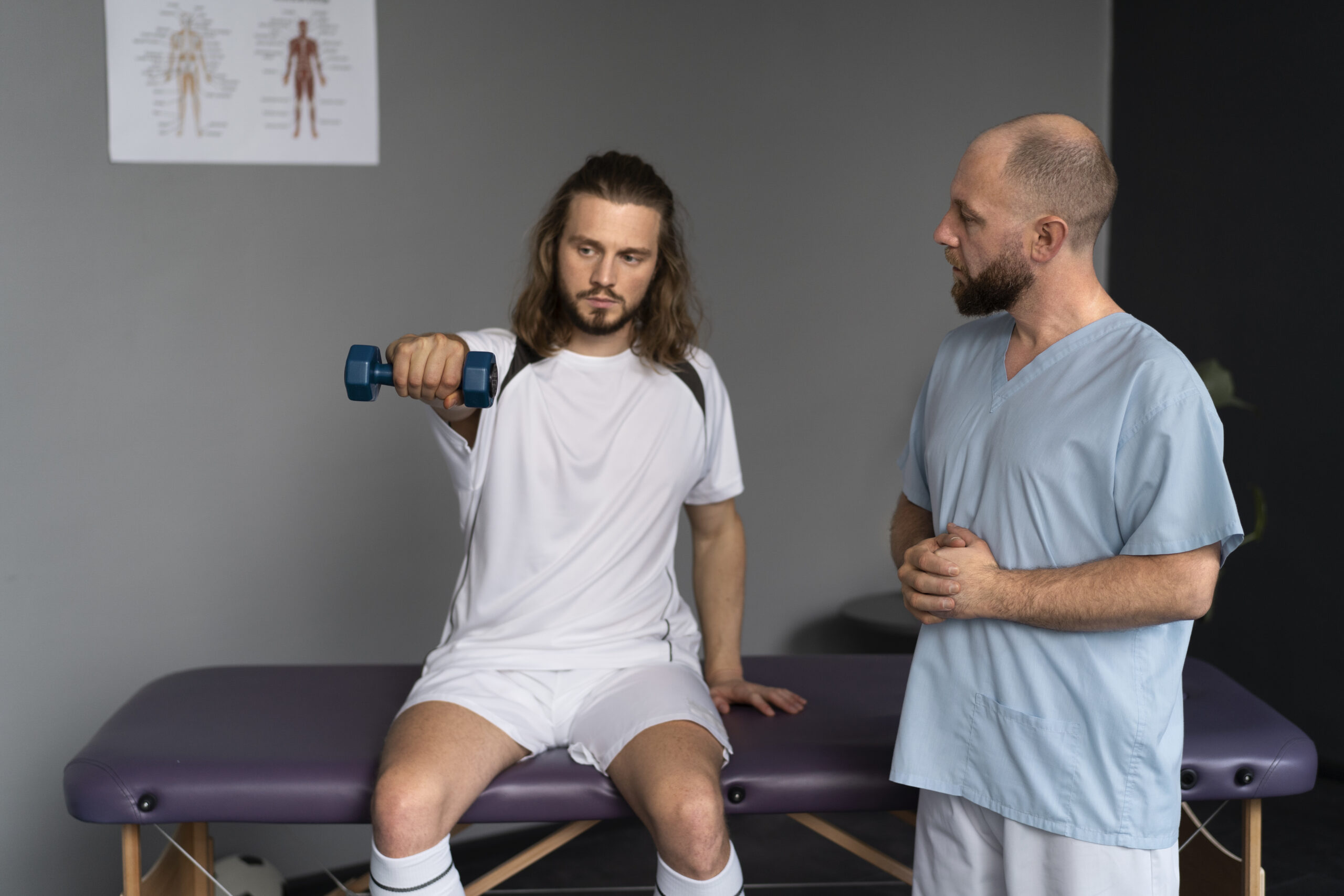This blog will outline 6 telehealth benefits for participants with a disability:
- Saves time
- Improve access
- Lower costs
- Reduces strain from participants and care providers
- Personal improvement
- Enhanced Communication and Personalised Care
1) Saves time
Waiting for results from lab work, x-rays, CT scans, or other medical imaging can be a lengthy, drawn-out process. With chronic conditions or infectious diseases, waiting days for results can cause further damage to a participant’s physical and mental health.
Telehealth technology allows for the rapid, electronic transmission of medical information between health care providers. Through virtual visits, a participant is able to acquire medical information, condition-specific advice, treatment, and quality participant care instantaneously without the wait times of in person care. Patients with disabilities are also able to send out their samples for testing and wait for results in their own home rather than a hospital or clinic.
2) Improve Access
Telehealth helps to address some of the healthcare challenges faced by those living in rural communities, as well as improving access to specialist appointments.
According to Medicare claims data, the number of attendances per person to a primary care physician or general nurse practitioner was lower in remote and very remote areas than in regional areas or major cities. Telehealth grants access to quality care for participants remotely through virtual visits to doctors and specialists nation-wide. This lowers the barriers faced by individuals living in remote areas when accessing health care services, such as travel time, distance, and accessibility to specialists.
Previously, to secure an appointment with a specialist doctor, participants may wait weeks or even months for the earliest availability. Telehealth consultations allow individuals to discuss with specialists comfortably and conveniently through real time video calls or face to face consultations, thereby improving participant satisfaction.
3) Lower costs
Telehealth visits can lower costs for participants, family members, and care providers long-term by preventing trips to the emergency room (ER), and hospital readmissions. It is also a cost-effective system for those with health conditions who require prescription refills. Through telemedicine technology participants are able to retrieve a script virtually from a healthcare provider.
Additionally, telemedicine makes the cost per appointment lower for participants. This is because telehealth appointments eradicate transportation costs, such as petrol or public transport fares.
Medicare beneficiaries are eligible for telehealth appointments, similar to a physical examination. To be eligible for Medicare benefits, the services must be delivered via phone or video, and provided by a GP, medical practitioner, or specialist.
4) Reduces strain from participants and care providers
Individuals with a disability are able to benefit from telehealth consultations by independently accessing services through home health care. Rather than venturing back and forth from a clinic, participants can also organise the delivery of medical equipment and additional resources to their own home as required.
These services reduce participant stress and allow people with disability to live more independently and privately than if they were forced to seek treatment or medical education at a public health facility such as a hospital or doctor’s clinic.
5) Personal improvement
Telehealth services can be beneficial for those with a disability, as they allow them to practice socialisation skills and receive vocational training. Putting these skills into practice can help them to feel more comfortable in their own homes and significantly improve their overall quality of life.
6) Enhanced Communication and Personalised Care
Telehealth consultations enable real time, clear communication between participants and healthcare providers, including nurse practitioners, which is crucial for people with disabilities needing tailored treatment plans. These virtual appointments often incorporate tools like screen sharing and instant messaging, helping participants better understand their conditions and engage actively in their care. This improved interaction supports personalised care by allowing providers to monitor symptoms and adjust therapies remotely based on direct feedback.
Telehealth also offers important benefits for mental health, as more frequent contact can help identify and address psychological concerns early. Additionally, integrating telehealth with wearable devices and health apps provides continuous data, empowering both participants and providers to make informed decisions. This enhanced communication reduces misunderstandings, builds trust, and encourages participants to take an active role in managing their health, ultimately improving overall outcomes and satisfaction.
Need help with accessing disability and support services?
At AHP Disability and Home Care, our highly qualified staff are well-equipped to assist with any and all of your needs.
Contact our team on 1800 247 342 should you require assistance.





